After facing widespread backlash from Nigerians and human rights organizations, the police have released Daniel Ojukwu, the detained reporter from the Foundation for Investigative Journalism (FIJ), on Friday, nine days following his initial arrest.
Confirming Mr. Ojukwu’s release, Fisayo Soyombo, the publisher of FIJ, communicated the news to Peoples Gazette on Friday.
Mr. Ojukwu was apprehended by the police in secrecy on May 1 and was held in custody over a report exposing corruption. Despite his detention, the police failed to bring any charges against him, leading to criticism of their actions.
In response to his continued detention, protesters gathered at the police headquarters in Abuja on Thursday, demanding Mr. Ojukwu’s immediate release.
Reacting to Mr Ojukwu’s release, Abimbola Ojenike, managing partner of Slingstone LP, FIJ’s attorneys, was quoted by the outlet as saying, “Daniel Ojukwu’s case is one of the most egregious cases of human rights violation and misuse of the powers of the police against journalists.”
“This will not go unchallenged. There’s a significant public interest in Daniel’s human rights enforcement action that goes beyond just this violation. The constitutional right to free speech is dead if journalists can no longer expose the malfeasance in government officials without fear or oppression,” he added.
Amnesty International, the Committee to Protect Journalists, and local and international media condemned had earlier called for Mr Ojukwu’s release from detention.
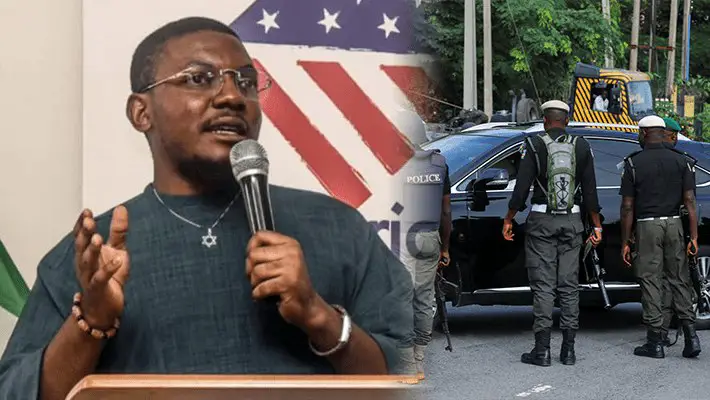
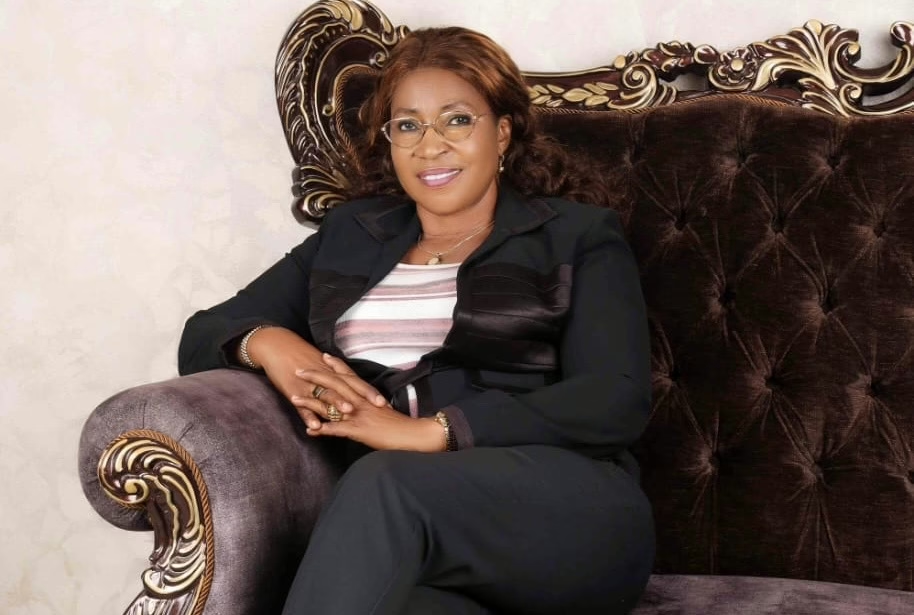
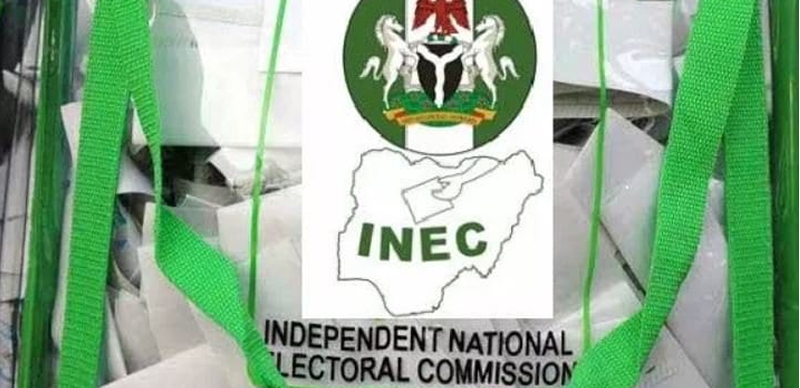
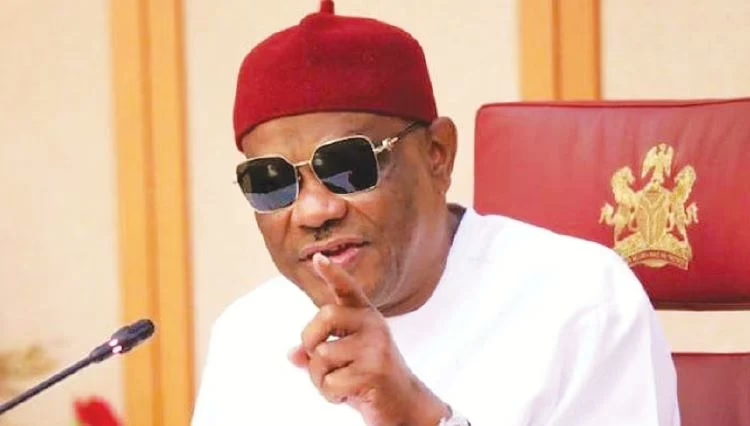
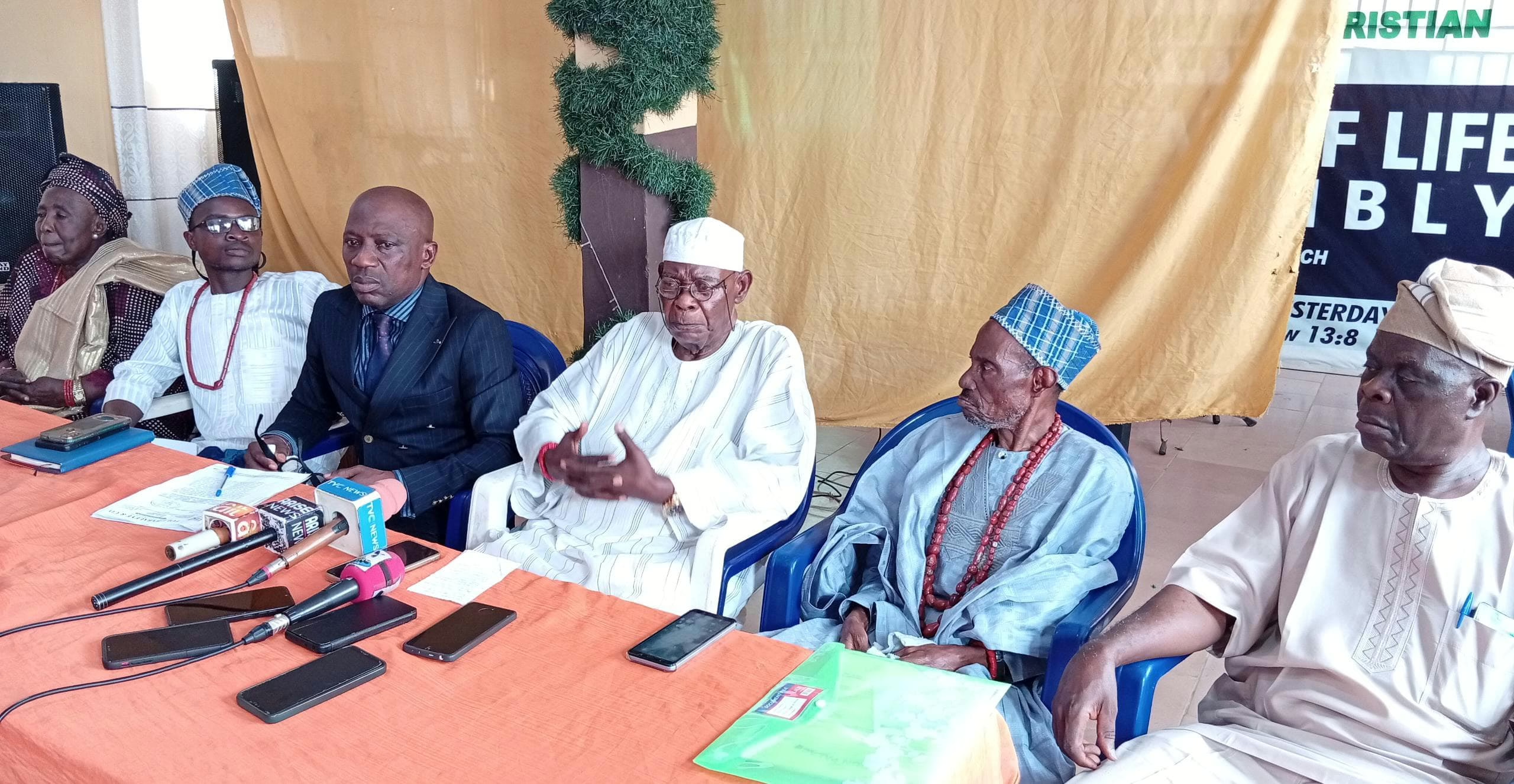
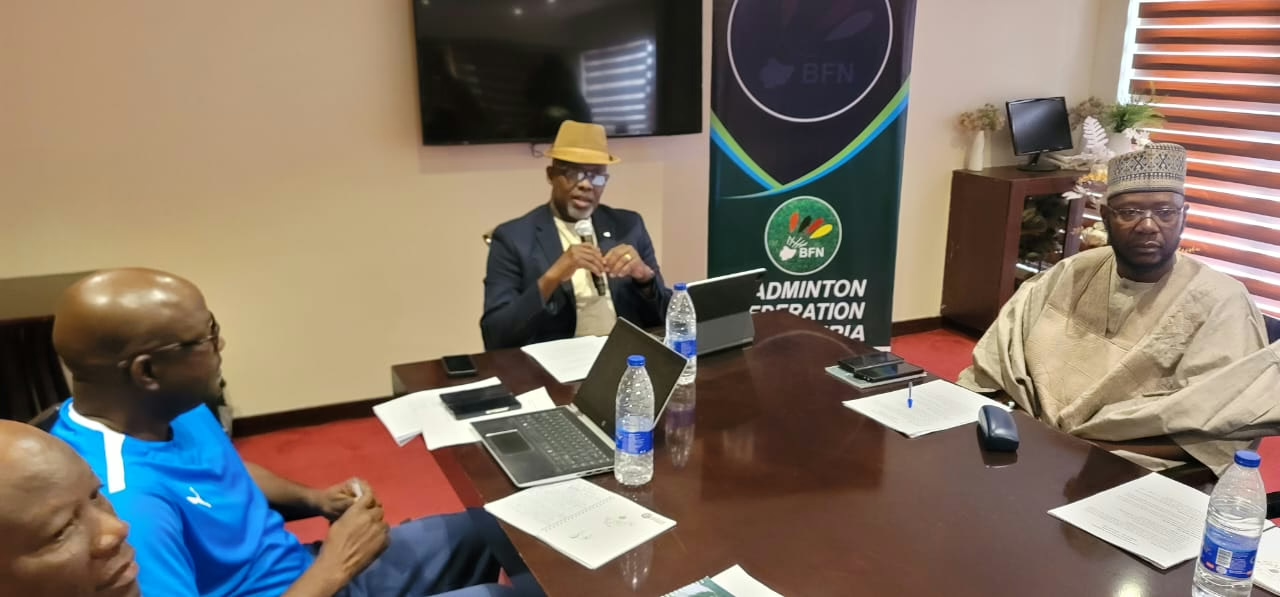
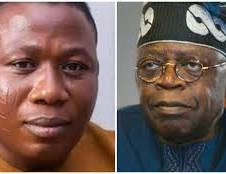
Leave a Reply